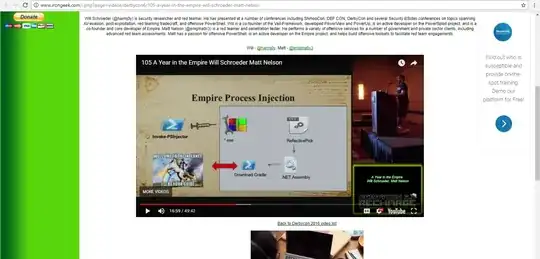Based on the description, Empire says that it is a "post-exploitation framework". What post-exploitation means here is that the attacker must use another exploit to gain admin access to your machine, as Empire itself contains no capability to inject itself into a machine that wasn't already compromised. By the time any of Empire's code runs, your attacker had already pwned your machine, i.e. they already have an admin privilege on the machine.
There's nothing really that you can or need to do in particular to "protect" a machine when you've already lost the battle, you only can do detection and damage control. With admin privilege, Empire or the attacker can simply disable any security you put. The only thing you can really do is clean up the machine or take it down, patch the exploit that were used by the attacker, and deploy a new machine.
Update Powershell
This is ineffective. Empire is written in Powershell, yes, but it can carry its own Powershell interpreter, so it doesn't matter what whether or not you have Powershell installed on the machine or what version you have installed, or what configuration you have on them.
My advice is to keep your machines patched to the latest update, ensure you have sensible firewall configuration, make sure you download and install software from trusted source, make sure you have up to date backup of important data, audit permissions of any software you run, review your logs, enforce separation/segmentation between critical services, make you're running up to date antivirus with up to date definition, and don't install software and services you don't really need. In other words, all standard security good practice and hygiene.
